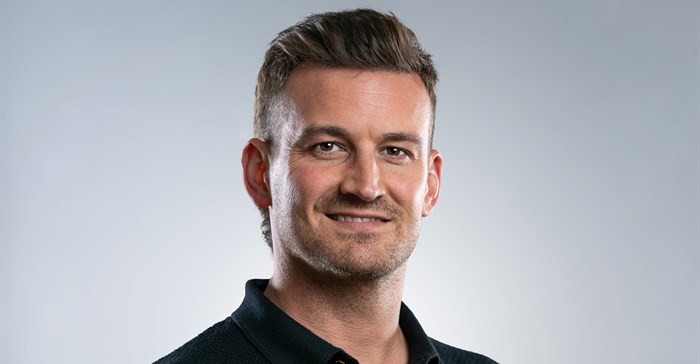Digital marketing needs to grow up

The influence that social media platforms have in society, then, makes them great channels for brands to get involved in conversations that resonate. We’ve seen plenty of smart cases – and plenty of incredibly tone-deaf ones – but my prediction for 2023 is that social media is going to ‘grow up’.
What role should brands play in society?
A lot of brands jump on the ‘virtue’ bandwagon in order to make what they believe is an impact in the social media space, while others stick to what they do best. Being ‘virtuous’ isn’t bad – but it can be if the brand intention is obviously to capitalise on what should be a truly authentic event, particularly where their participation is via an advertisement for their product or service.
Their intention is what needs to be questioned – are they contributing to the conversation and advancing the cause or are they leaping onto a bandwagon from a place with limited understanding and no real association with the cause they’re adopting?
It’s right for brands to be calling out nonsense when they see it, too – like Adidas did when they cancelled Ye’s contract over his anti-Semitic remarks on social media. That is a decision that puts the brand on the right side of history, whereas putting out a brand campaign around the products he’s associated with would have had the exact opposite effect.
To make an impact in the future, brands will need to put out authentic messages that have a genuine impact on human behaviour. By meaningfully crafting authentic messages that speak to supporting real change, they can help society move forward. By being consistent in their messaging and support of genuine causes, they can make at least a small change in a space where any positive change should be welcomed.
Making an impact
It’s not only brands that have the ability to make a big impact. Time Magazine recognised this in 2006 when their Person of the Year was ‘You’. It was the dawn of the realisation that individuals have power and can make an impact. What needs to shape that power in the future, is responsibility. Simply having a platform doesn’t empower an individual to drive any agenda they like – they need to consciously craft authentic, purposeful messaging. If your individual power on social media platforms marks you out as a brand, then you have the same responsibility as a major company does, to drive positive conversations.
2023 will be the year individuals and brands make an impact through authenticity.
Brand honesty
Part of that authenticity on the part of brands is the admission that they’re businesses which exist to make money. If they don’t make money, they can’t sustain their staff, their platform or supply the product or service that people turn to them for. Once they admit that, they can start to have authentic conversations in the social media space about driving positive change.
Younger generations, in particular, are looking for this kind of authenticity when doing business with companies – which feeds back into the cycle. Authentic businesses will have a stronger bottom line, which will allow them to commit to supporting further change. The act of authenticity has a far larger impact than ‘just’ the words used to convey it.
Crossing the divide
With this maturity, then, comes the opportunity for brands that make plenty of noise on social media channels, with big budgets, to shift the dial in the real world. What is the result of driving those conversations? We need to start seeing more shoes on feet, kids in school, food in mouths, recycling in action and behaviour that supports actual climate change.
In theory, the Metaverse should help make this crossover easier – even though it exists in a virtual space, rather than a physical one. The Metaverse provides a space for people to see action playing out in a different way to what it would on social media – but it’s important then to apply that to the real world, beyond the headset or screen. The virtual space can help illustrate the perils of climate change and give people genuine insight into the lives of those in need, but the result needs to be physical action in the real world.
It's time for the digital world to grow up.
About Jacques Du Bruyne
- #BizTrends2023: Digital marketing needs to grow up - 9 Jan 2023
View my profile and articles...